< Back
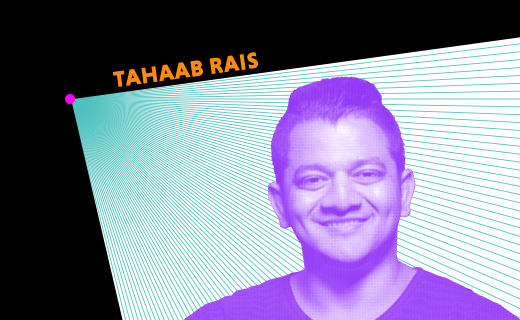
SPEAKERS : 5 MINUTES WITH TAHAAB RAIS, FP7 MCCANN MENAT

Tahaab Rais is Regional Head - Strategy, Effectiveness & Intelligence at FP7/McCann MENAT. He is also its creative director, and in the agency’s newest campaign for Babyshop, which launched this week, the hero film’s director. This multi-talented adman judged Branded Entertainment, Effective & Integrated this week.
What makes good branded entertainment?
Work that I would like to watch again. If it has repeat value, if it’s fun or if it’s emotionally engaging. If it doesn’t, if I’m bored, that’s not good entertainment.
Should advertising be worried that work which wins effectiveness awards isn’t always work that wins creative awards?
I fundamentally believe that creativity and effectiveness go hand in hand and there’s enough research done on creatively awarded campaigns that have been effective in the real world and creativity that has shown a strong ROI. If you look at Cannes, you see a lot of effective work winning and if you look at the Effies, you see a lot of creative work winning. So there has to be a communality between both. I don’t think we should be worried about it. I think we should celebrate work that is effective and also very, very effective. That should be the goal of all creative and effective awards shows.
Is advertising creativity in peril?
Our global chairman, Rob Reilly, has this motto: “Creativity is the only way to survive.” We really believe in that at as an agency group and I believe in that individually. Because I think this is an era in which people are struggling to find meaning in their lives and people are struggling with their lives, with a lot of pressures and anxieties. So when brands play a meaningful role in their lives, do that through creativity and make people feel good about their lives, make them feel like a better version of themselves, that purposeful creativity is going to have an impact on the world. And as long as we, as agencies, keep creating purposeful work for our brands, work that’s really meaningful to people’s lives. As long as we do it for our big brands that have a great impact on the world, I don’t believe that creativity is in peril at all.
What are the main constraints in advertising in your region?
In the Middle East, and the North Africa region that we represent, there are not a lot of restrictions on creativity, but there are restrictions from a political, legal and sometimes cultural standpoint. We have to respect those rules and restrictions because we are part of the region, we are playing a role in the Middle East and the North Africa region. But we are seeing some phenomenal work come out the region. Some of it is competing at ADFEST. Some of it is competing at global festivals. And it is really getting recognition. So brands and agencies are finding out how to hack their way through those restrictions, through those limitations that are seemingly set upon creativity but they are doing it in a very, very creative way.
Coca-Cola is a major client for you. A lot of the recent work has an activist feel. What’s the thinking behind this?
Coca-Cola has been an icon of cultural leadership around the world for decades. It has been the beacon of optimism and positivity, always seeking to overcome prejudices, to bridge divides, and make the world a better place. From the Coca-Cola Hilltop Song in 1971 when they taught the world to sing together to Mean Joe Green, where they had a point on racism, Coke has actually had an active point of view about problems inflicting out world throughout its history. There are a lot of anxieties in the Middle East – political, social and cultural – and that gives Coke a very interesting opportunity to stamp its leadership credentials on the region and on the world. We’ve done a lot of work for Coca-Cola that has been very effective in terms of impacting people, business and culture. The best piece of work, I think, is the Remove Labels campaign, that we did in 2015 for Ramadan. The Middle East is a very divided region – by race, by nationality, by religion. Our goal was to get everyone in the Middle East to see each other without labels. Without prejudice. The campaign began with a Dining in the Dark experience. Then we actually got Coca-Cola to remove removed the labels from its cans - one of the world’s most famous labels - to get people to see each other in a new light, without prejudice. The point of the campaign was that labels are for cans, not for people. That campaign was the most effective campaign in Ramadan from the Middle East ever until very recently. We’re consistently doing work like that. The marketing team at Coca-Cola is fantastic. They’re pushing us to create cultural leadership work and we’re honestly thrilled to be their partners.
What’s your other favourite piece of work?
The second campaign I really love is Babyshop’s parenthood campaign, which is shortlisted at ADFEST. The challenge was to reach out to millennial mothers in todays’ world. The interesting insight that we found was that, the celebrating parenthood in the Arabic language is actually celebrating fatherhood. The word, parenthood, in Arabic means, fatherhood. So we created a new Arabic word, which meant motherhood and fatherhood. It met a lot of negativity from a lot of cross-sections of society but eventually, with the brand really standing behind it, and people adopting it is actually t a juncture where it is going to be inducted into Arabic dictionaries.
Creative passions.
I have a cricket entertainment start-up. It’s about making the sport of cricket, that I love and I’ve grown-up playing, entertaining and fun for today’s youth. It contains an innovation that I’m really excited about, which we’ll launch in the next couple of years into the world. Also, when I can create time, I work with an NGO called The Phone Box. It creates ideas for social ideas in the world. And we do a lot of work across Asia and across the Middle East, to help kids in particular against hunger and with education. Both of them inspire me because they allow me to think differently, and by doing that I get certain lessons and learnings and a bit more humanity that helps me with my day-to-day work as a strategist and as a creative.
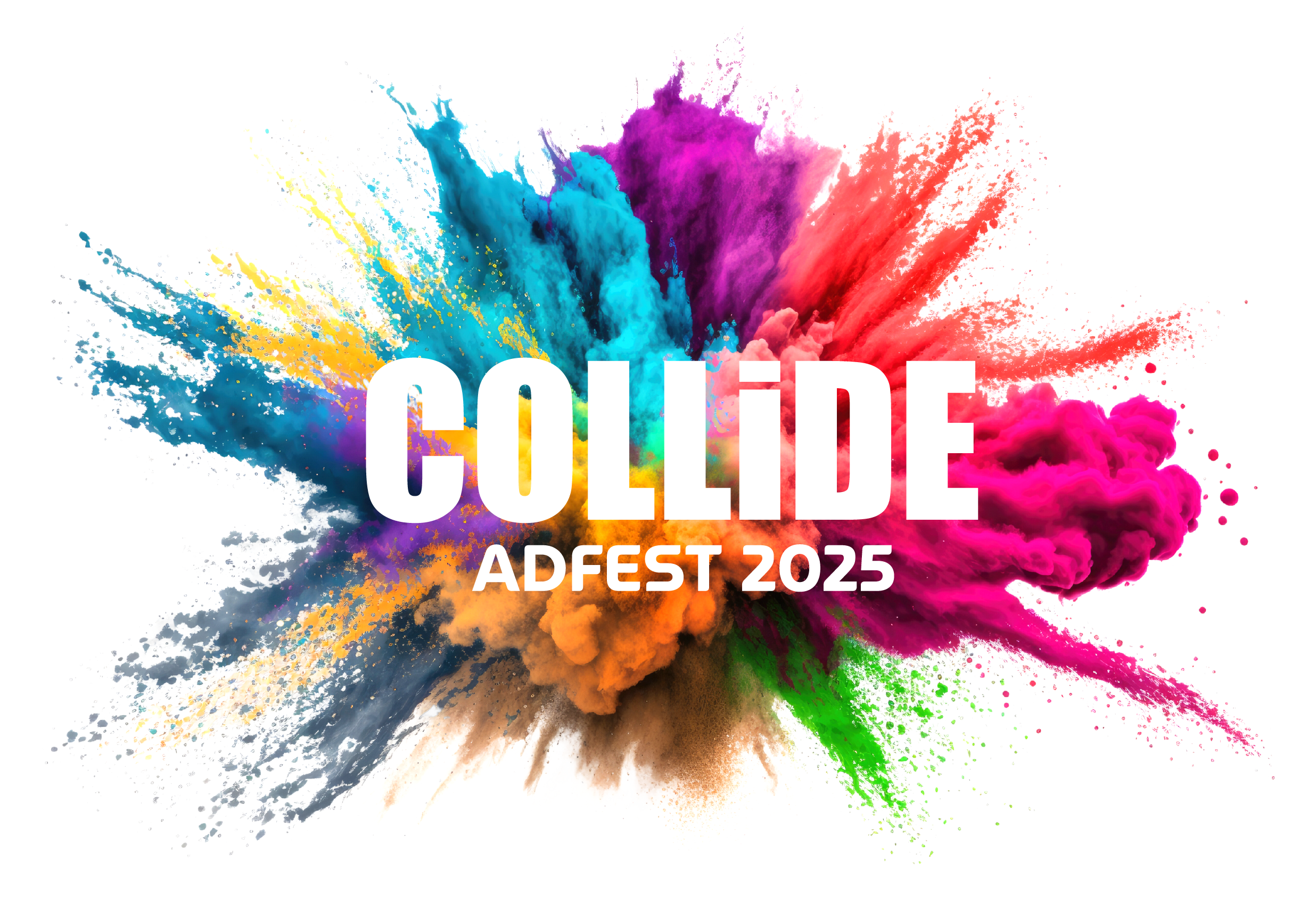





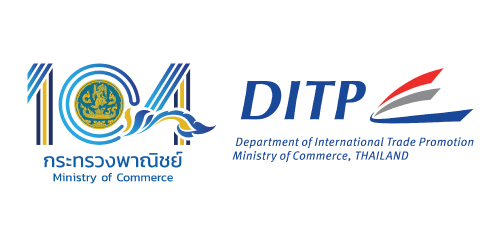
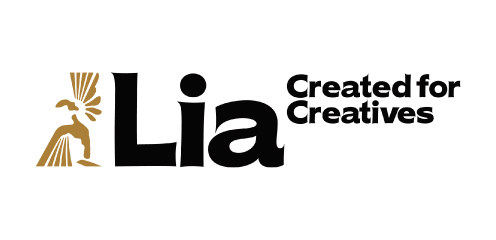
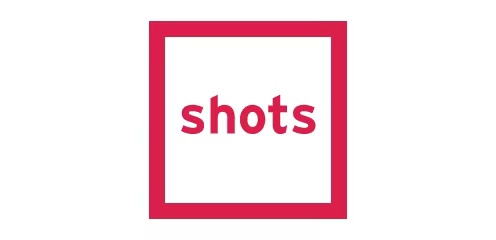
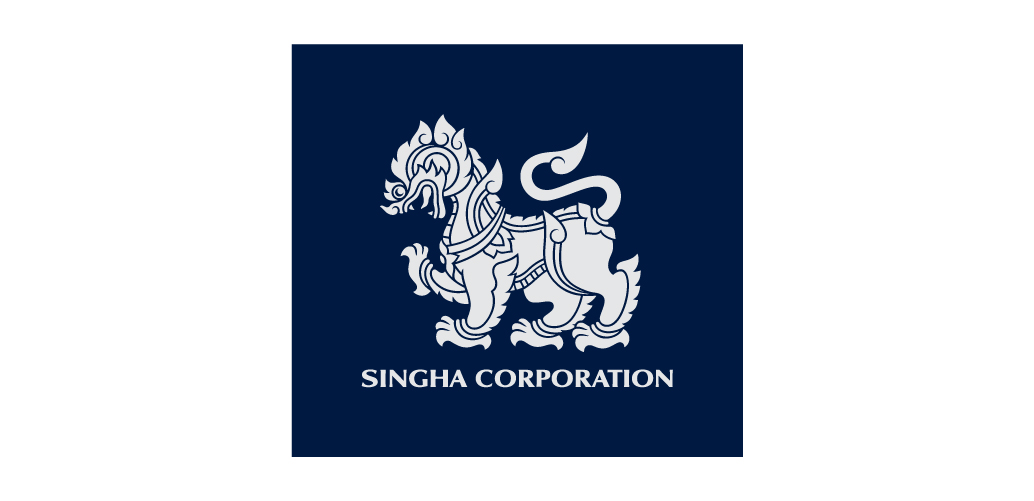
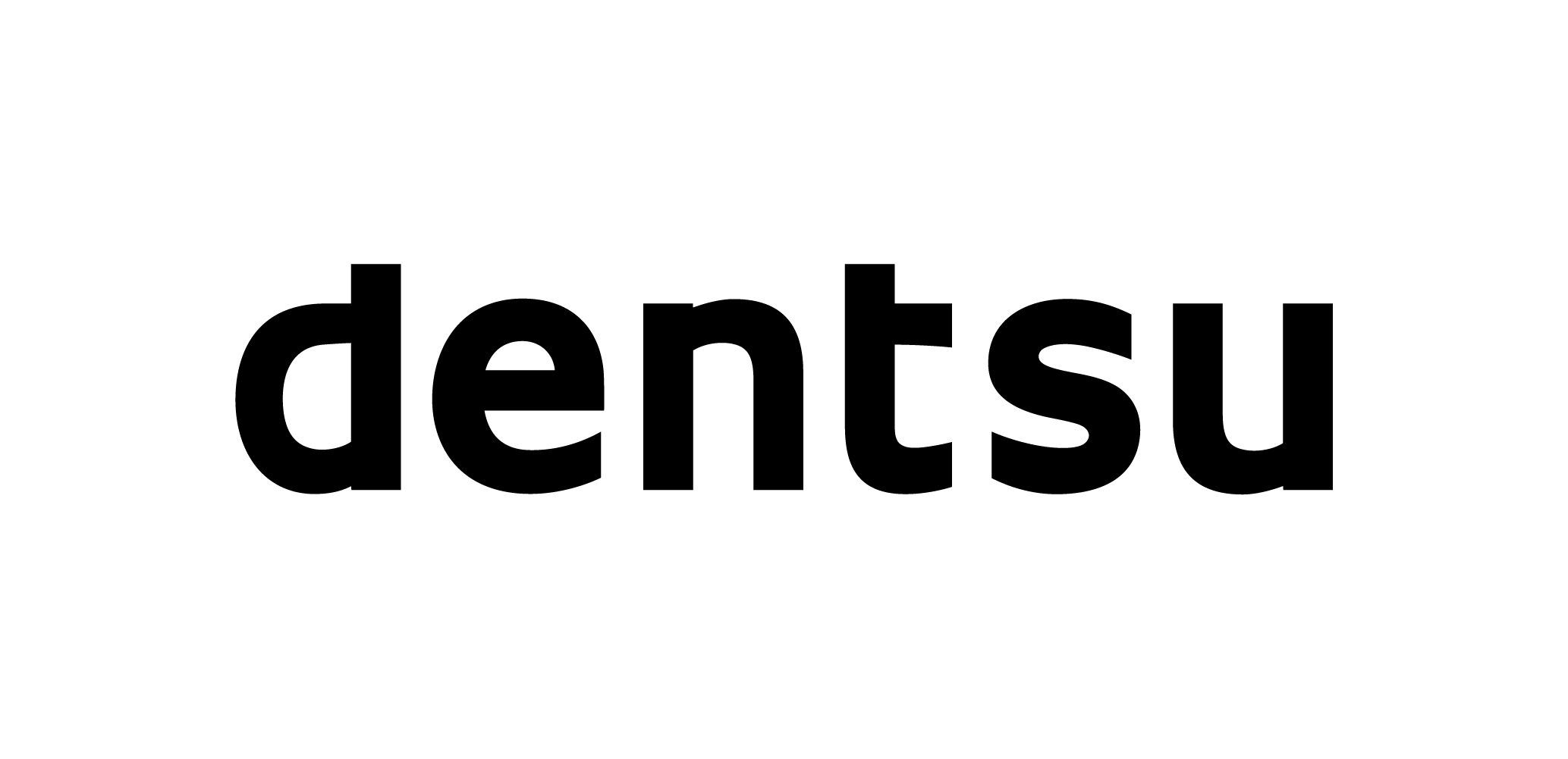
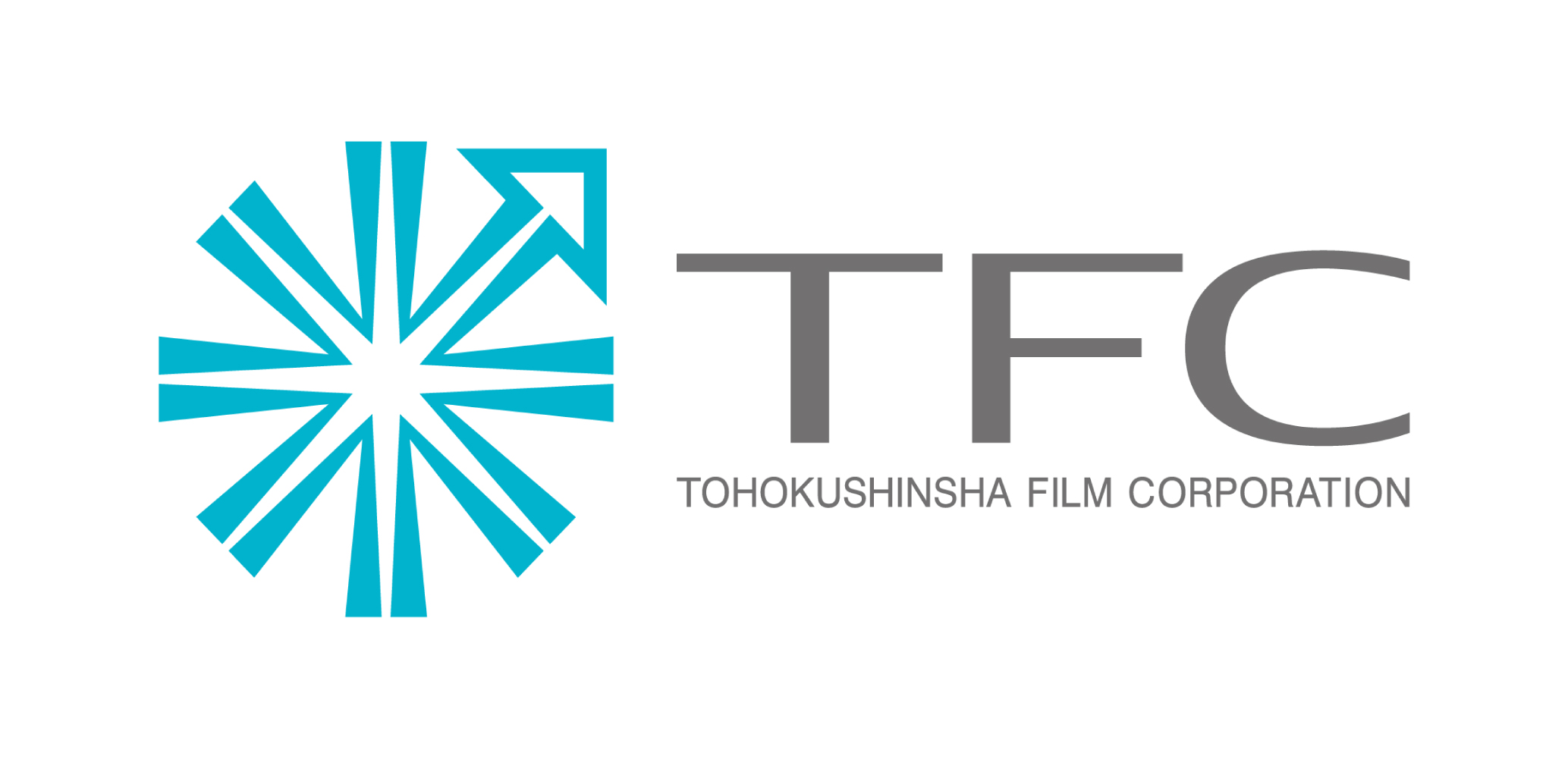
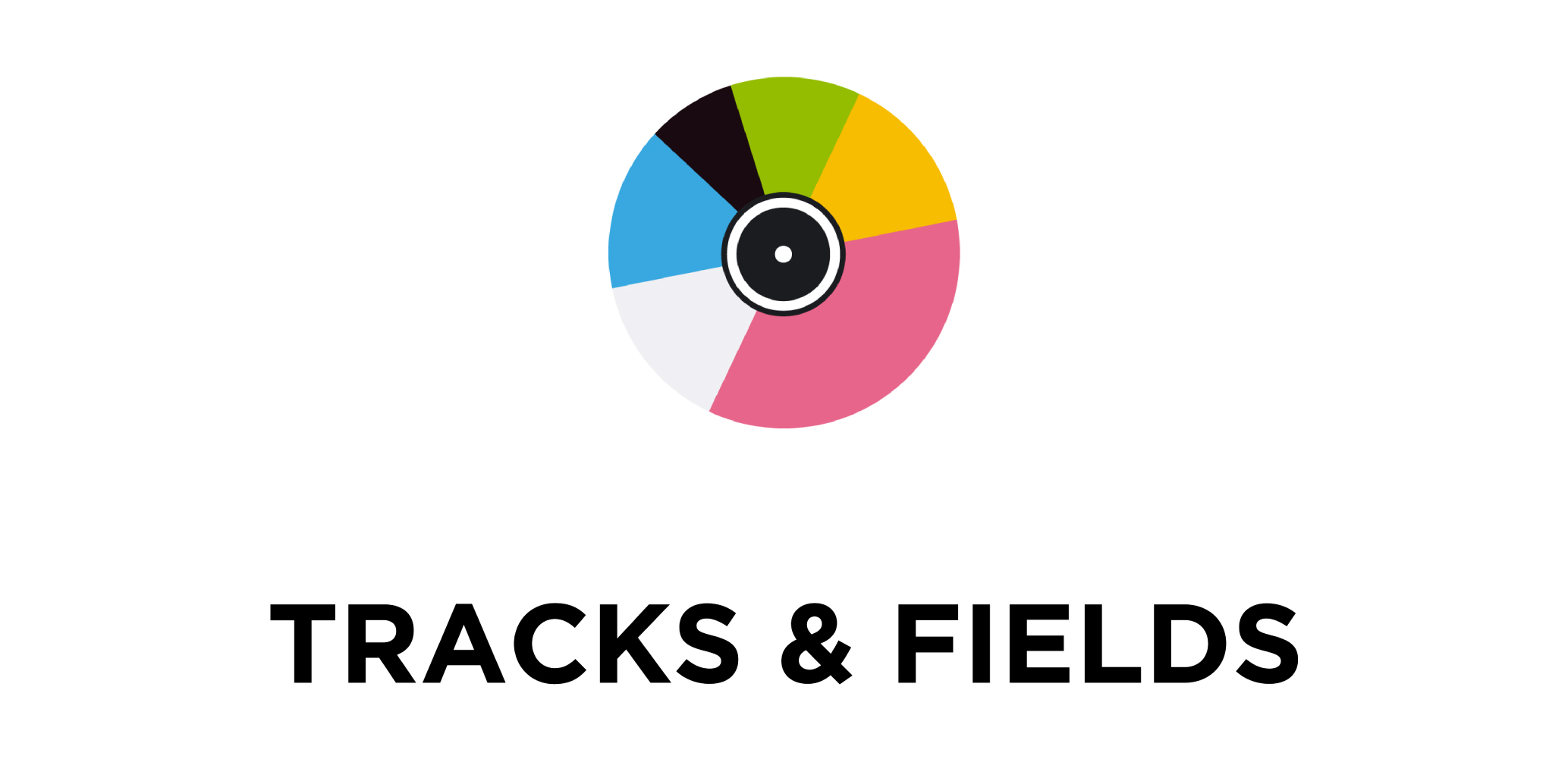
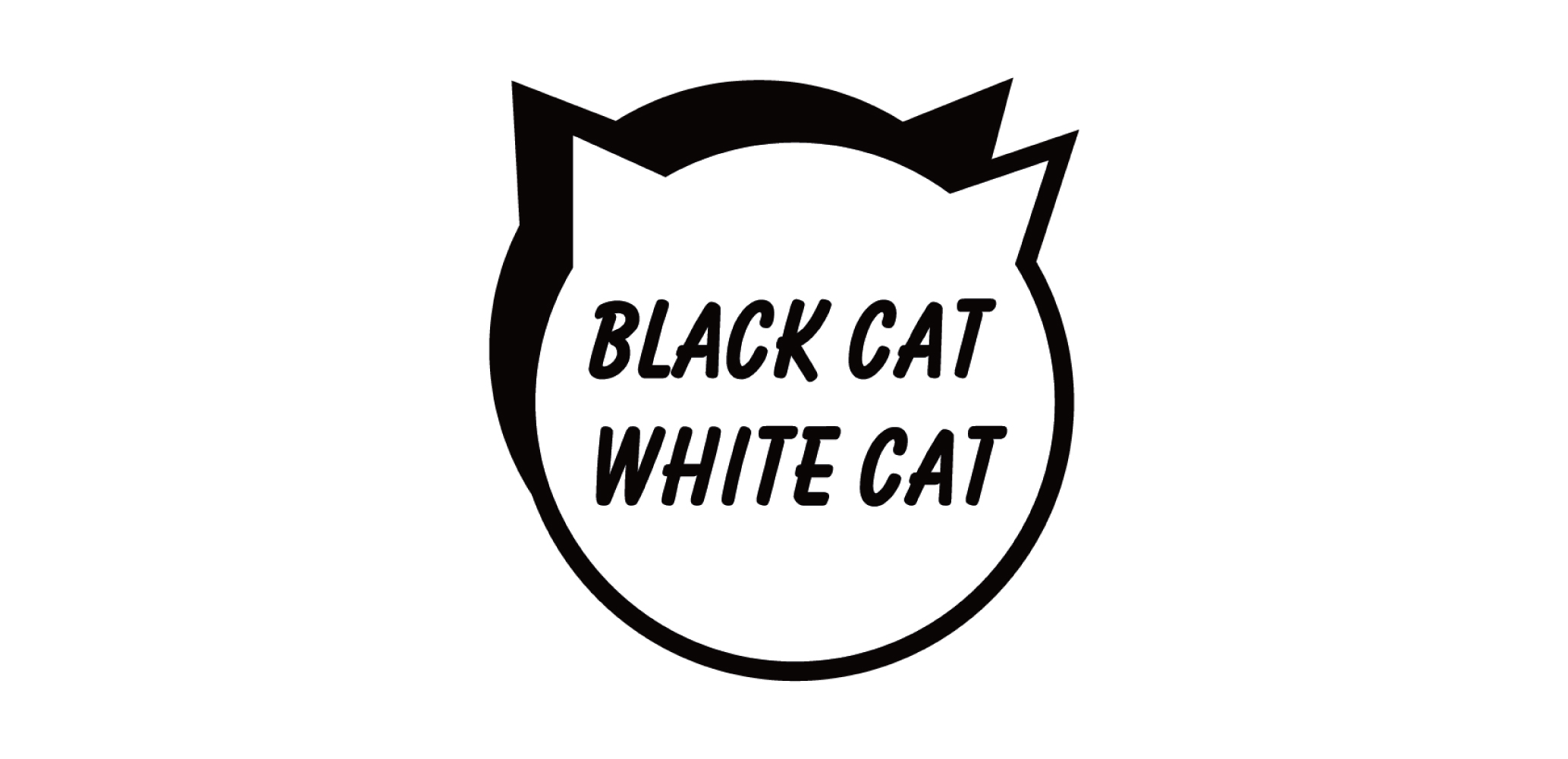
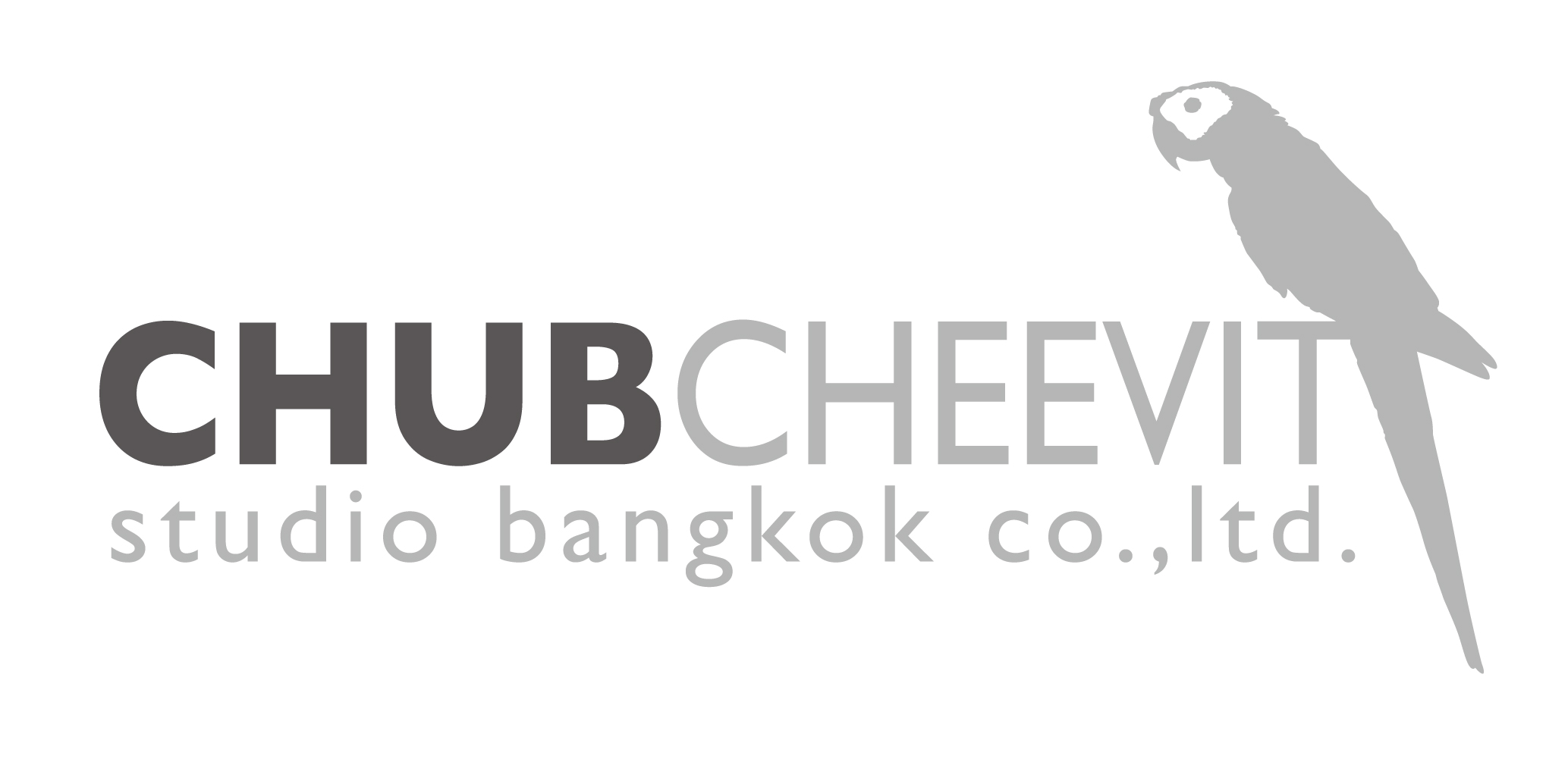
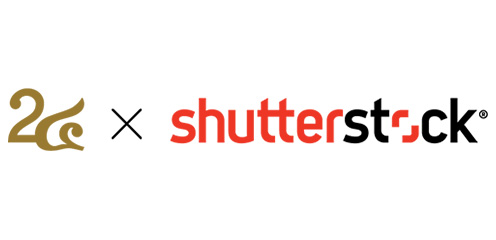
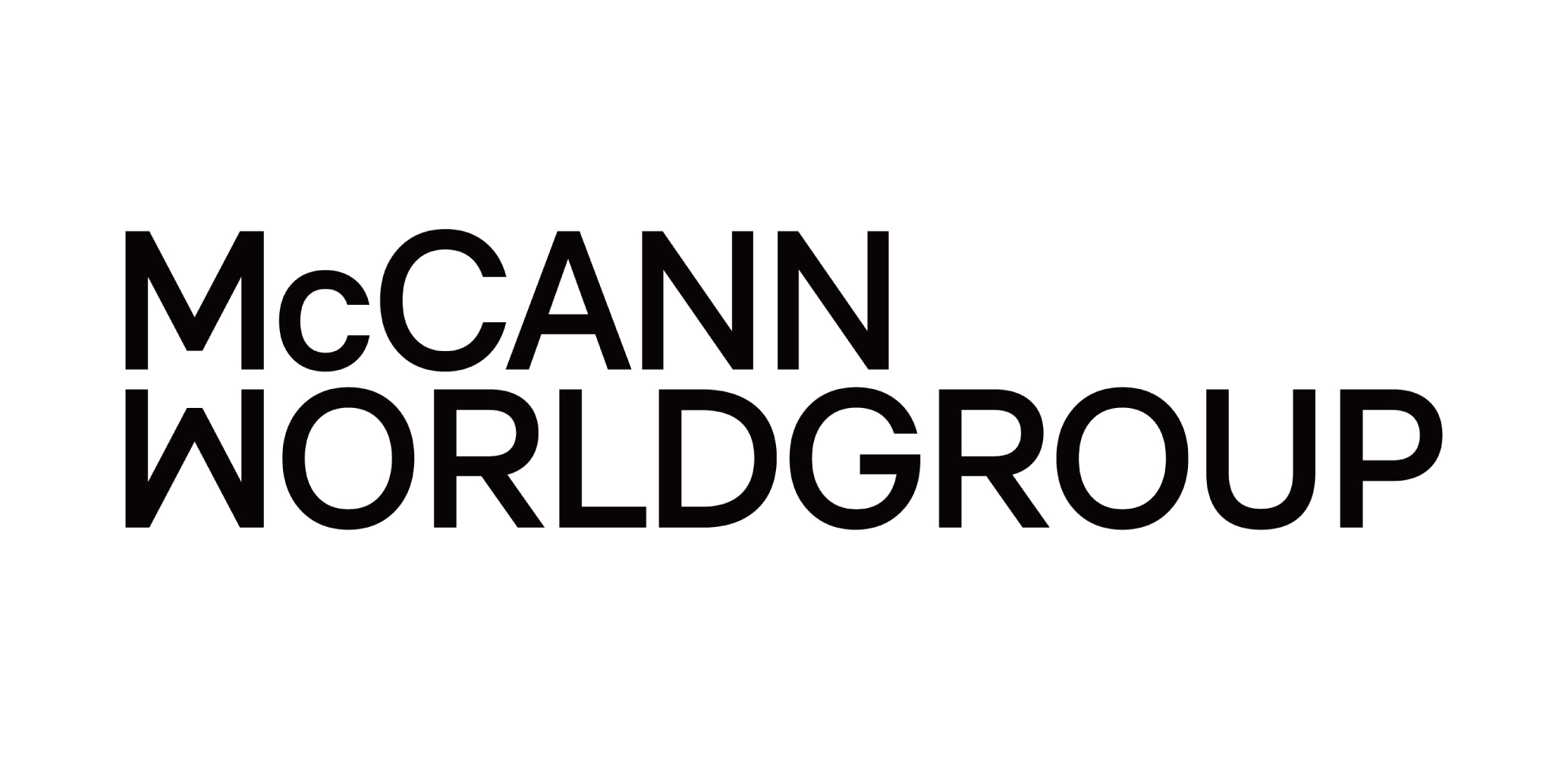
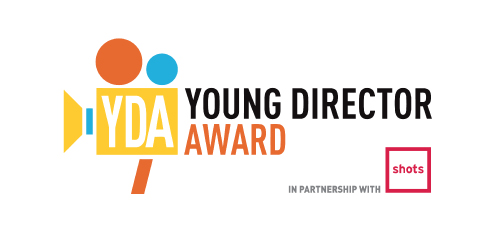
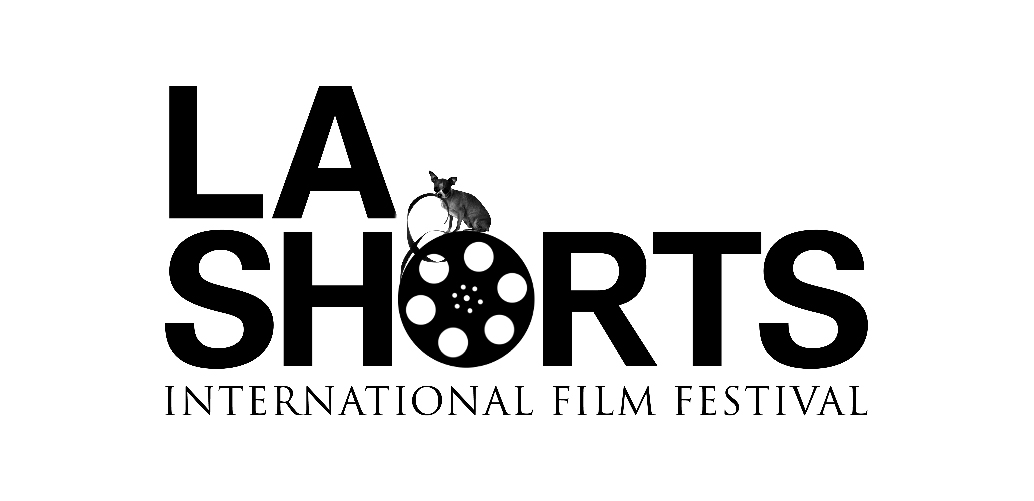
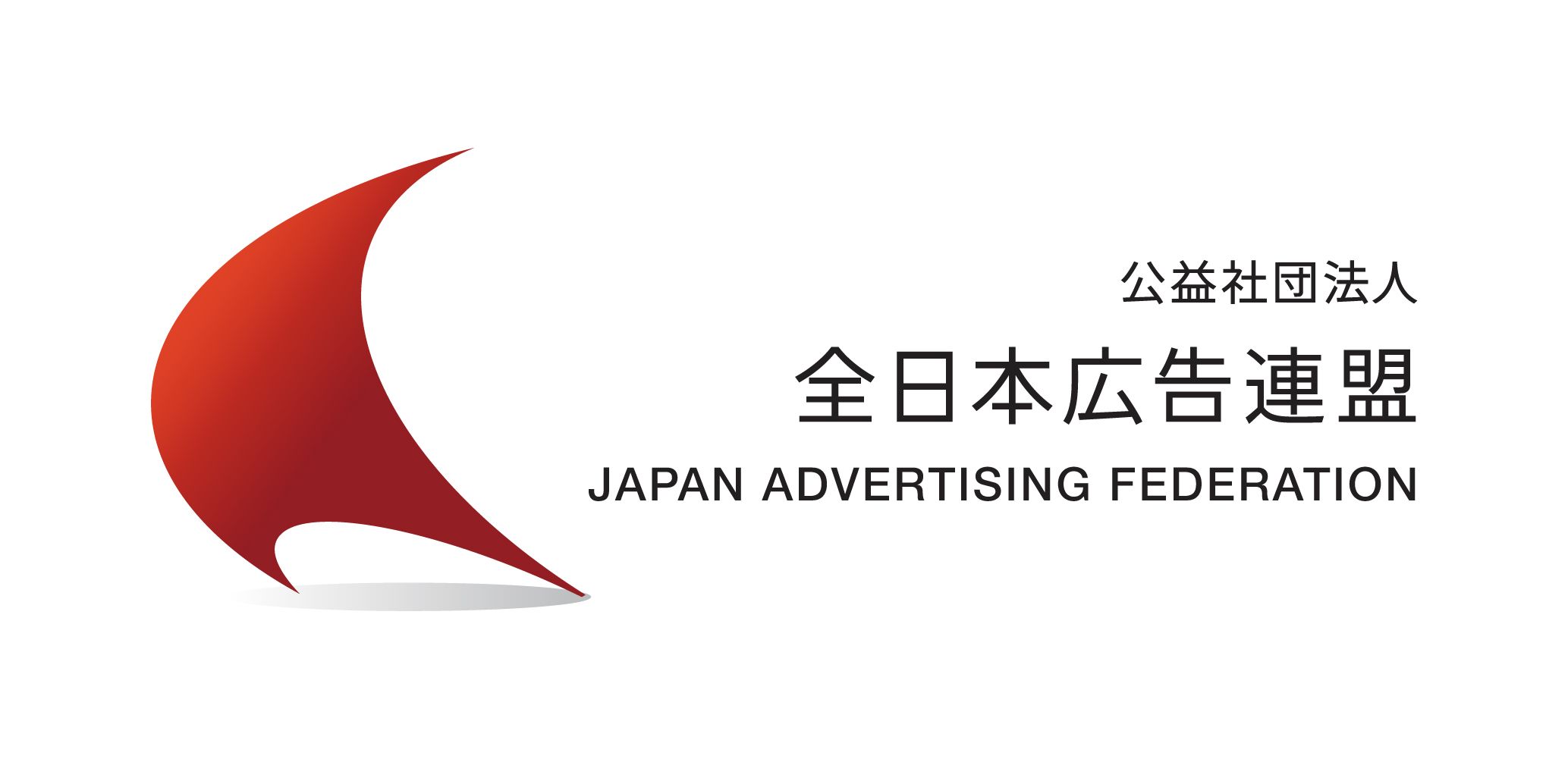
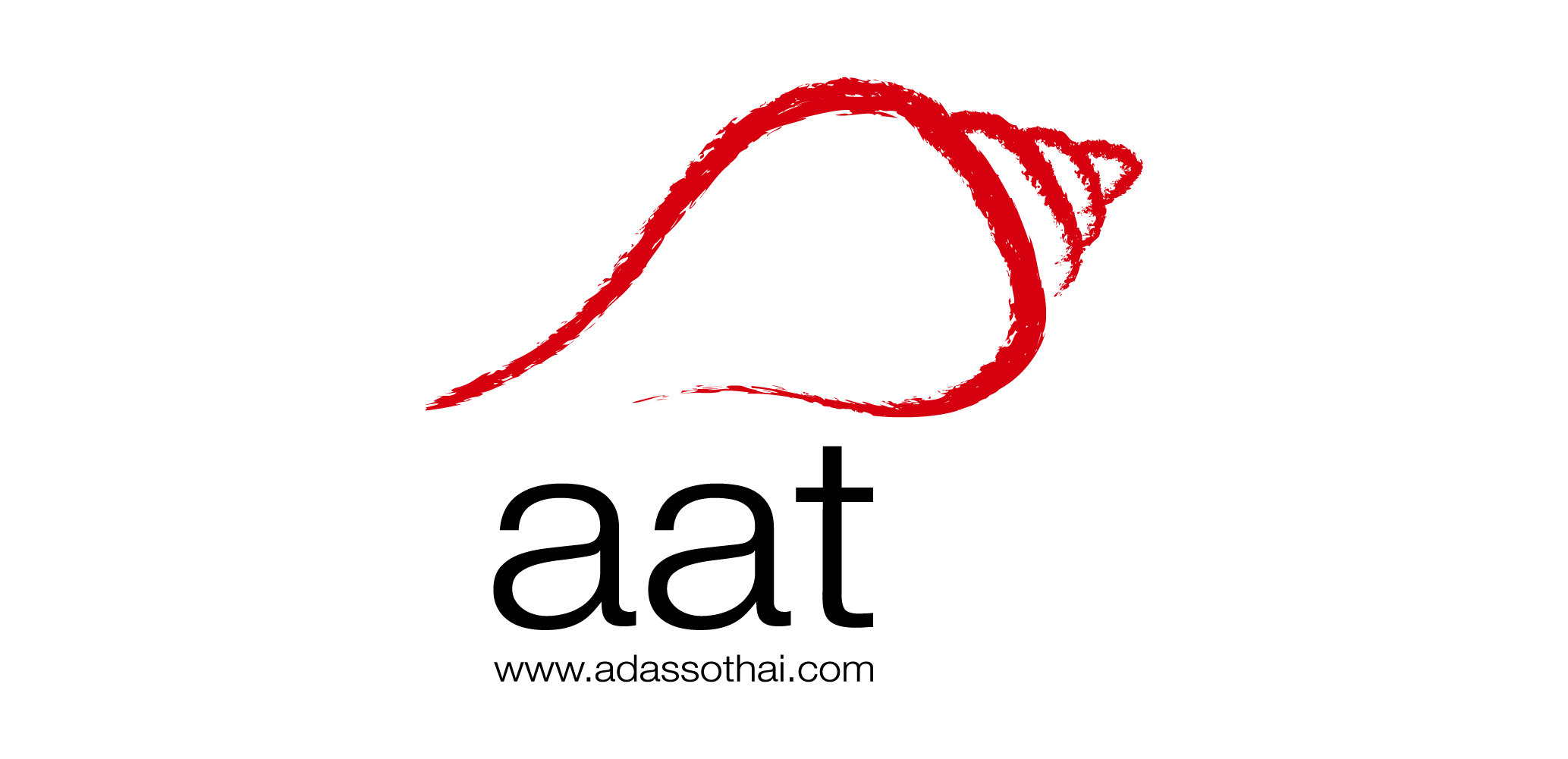
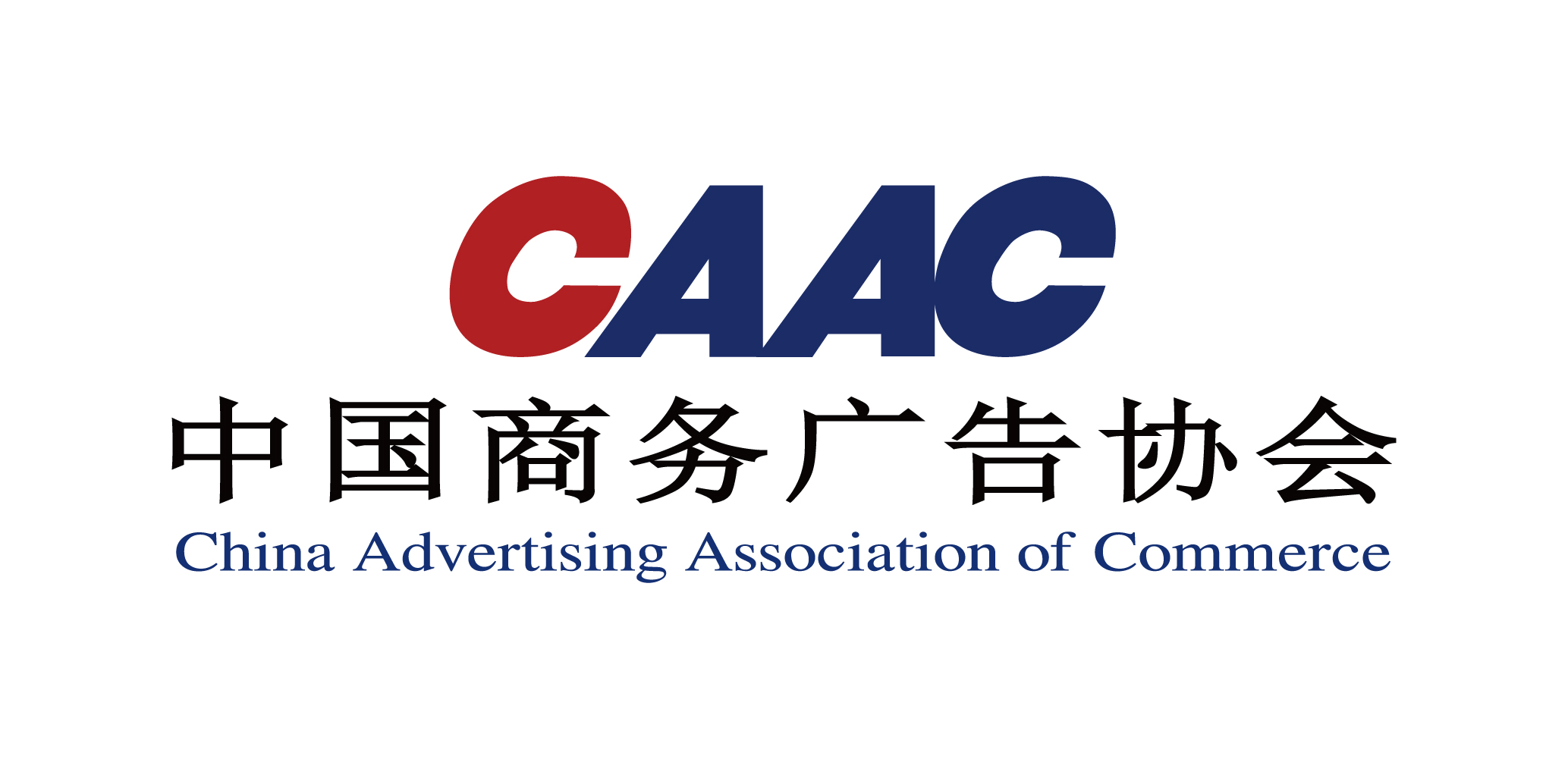
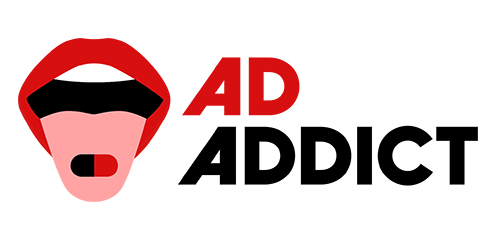
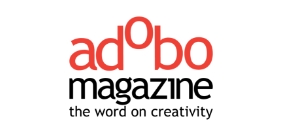

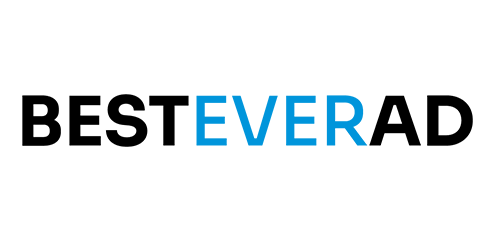
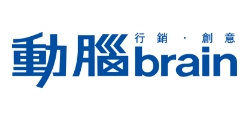
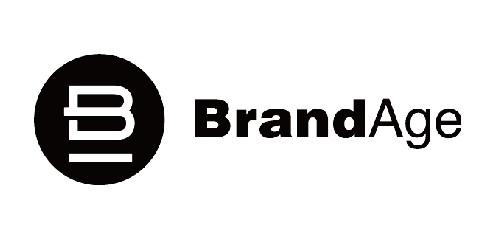
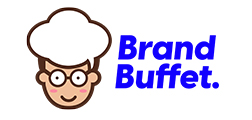
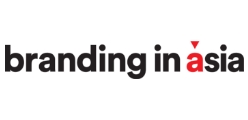
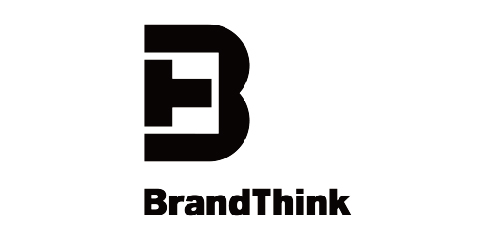
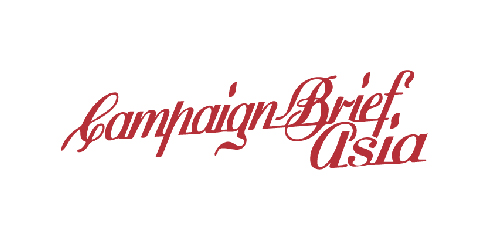
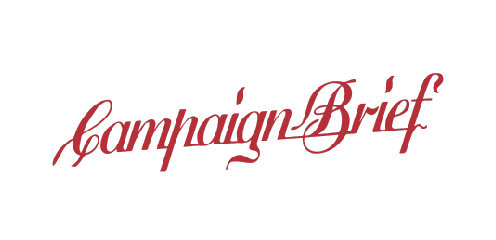
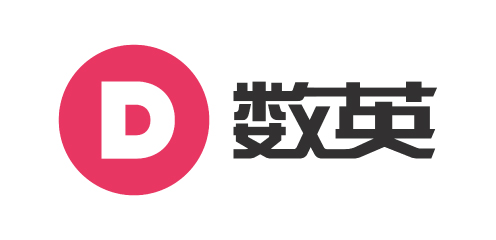
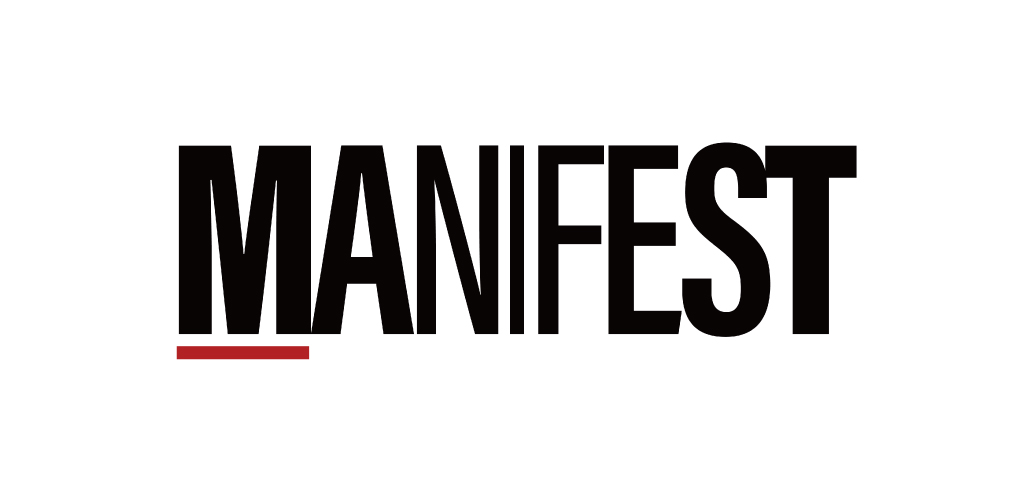
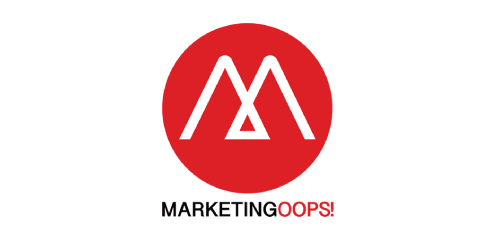
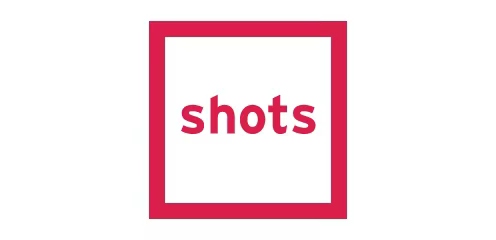
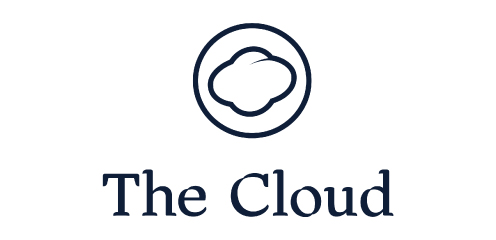
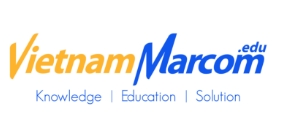
.png)
.png)
.png)
